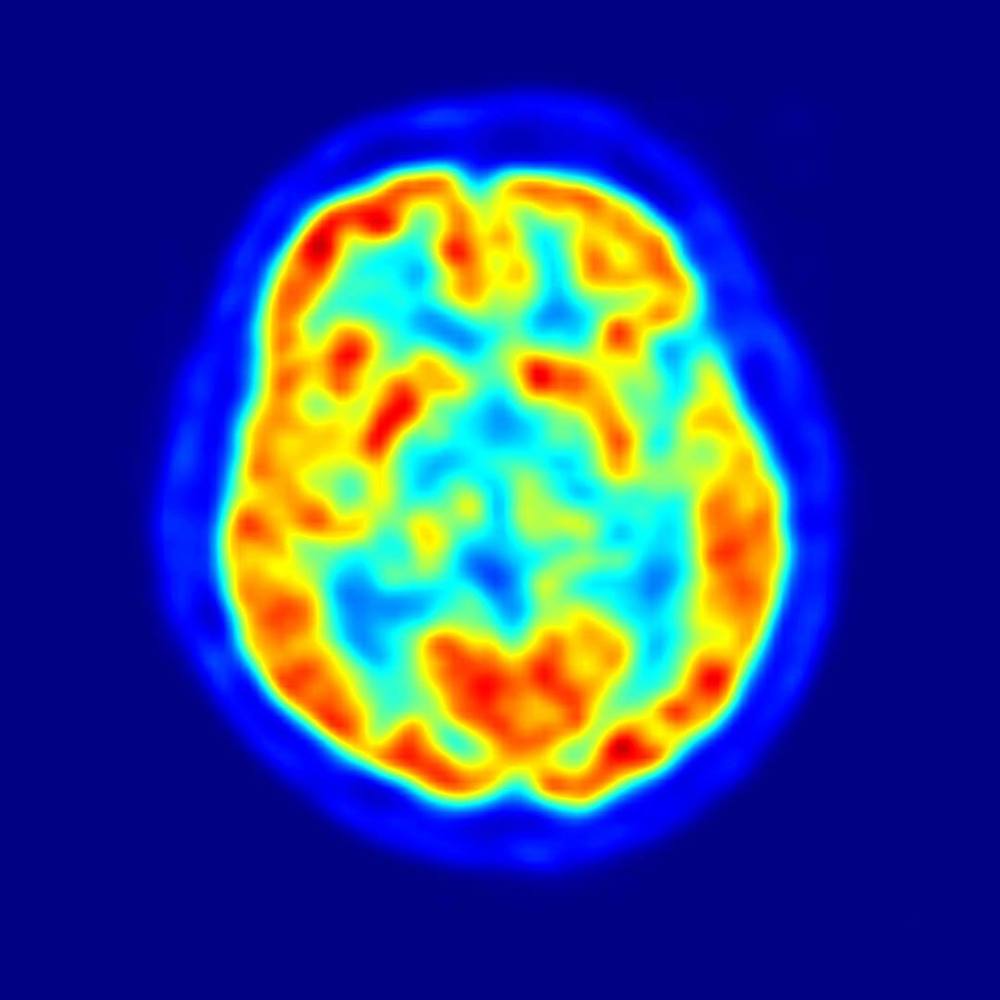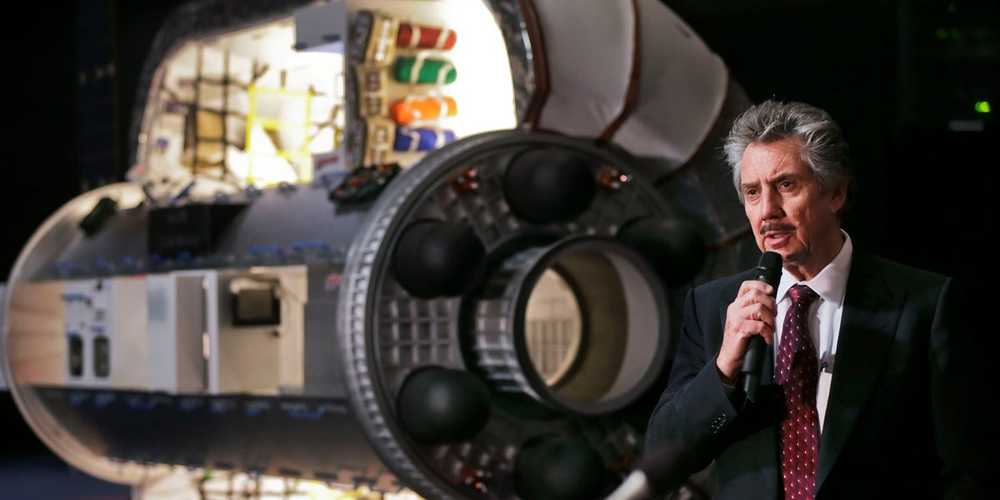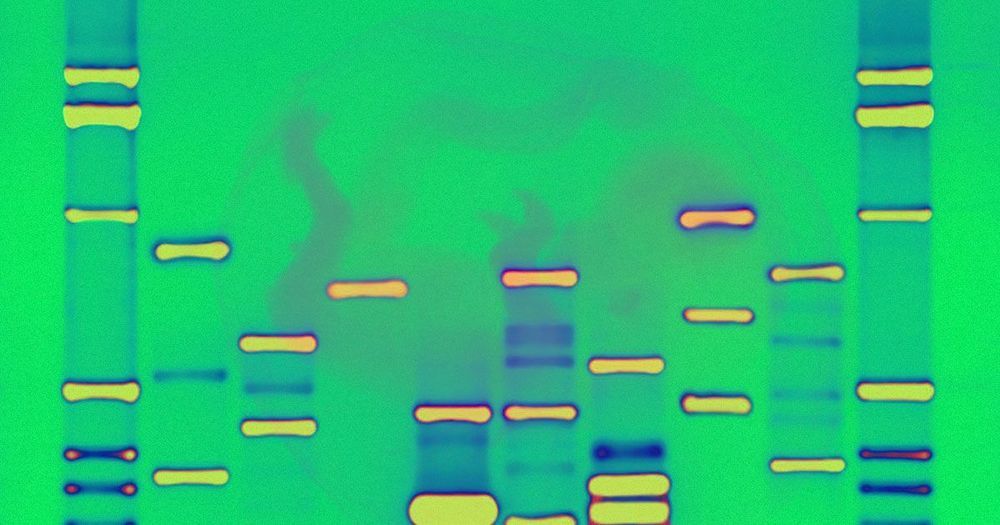Page 8169
Nov 9, 2019
Luxury hotels could be launched into Earth’s orbit as early as 2021. This is what future space lodging might look like
Posted by Klaus Baldauf in categories: habitats, space
Tourists may soon be wining, dining, and even playing Quidditch in space. NASA’s search for space-habitat designs is starting a new tourism industry.
Nov 9, 2019
African AI Experts Get Excluded From a Conference—Again
Posted by Omuterema Akhahenda in categories: business, economics, robotics/AI
Ironically #AI has been proven to develop racial and gender bias. Gee, I wonder why?
For the second year in a row, more than a dozen AI researchers from African countries have been denied visas to a major AI conference in Canada.
Canada’s decision to refuse visas to African AI researchers seems ham-fisted, given that the country’s tech industry has been the beneficiary, in recent years, of America’s move toward isolationism. In 2017, Trudeau launched a visa program designed to attract high-tech workers—including those who found themselves unable to get into the US—by streamlining Canada’s visa-approval process. The recent decision to block access to NeurIPS for a diverse pool of talent appears to be a step in the opposite direction.
Continue reading “African AI Experts Get Excluded From a Conference—Again” »
Nov 9, 2019
DNA Test Startup Claims It Can Spot Embryos With Low Intelligence
Posted by Paul Battista in categories: biotech/medical, genetics
Questionable startups are claiming to be able to determine how smart a frozen IVF embryo will become if carried to term, and parents are taking the bait.
Genomic Prediction, the most prominent of these companies, offers tests to scan embryos for genetic diseases and other conditions — as well as genetic indicators that a future child will be in the bottom two percent of intelligence.
And MIT Technology Review reports that Genomic Prediction co-founder Stephen Hsu often uses media appearances to discuss future plans for a general intelligence test — something that, with current tech, is extremely unlikely to actually work.
Nov 9, 2019
Goldman Sachs has created a market-ready robo advisor
Posted by Omuterema Akhahenda in categories: finance, information science, robotics/AI
If Goldman Sachs’ new tool launches through Marcus, a human-digital hybrid approach would be a wise choice.
Goldman Sachs created a market-ready robo advisor and is mulling how to launch it, Financial Planning reports. The automated platform will represent Goldman’s digital entry into the smaller investor market, per Rachel Schnoll — who recently became the head of Goldman’s FinLife CX RIA platform — as cited by Financial Planning. The new robo advisor may be built in part on algorithms that Goldman acquired from financial life management firm United Capital, when it acquired the company for $750 million in May.
The new robo advisor could be introduced to the market via Goldman’s Marcus segment — here’s why it would be a good match. Goldman could extend a portion of the personal touch it brings to its Private Wealth Management clients to Marcus clients by offering them financial advice via the new robo advisor.
Continue reading “Goldman Sachs has created a market-ready robo advisor” »
Nov 9, 2019
A Critical Milestone for Commercial Crew on This Week @NASA – November 8, 2019
Posted by Alberto Lao in category: space
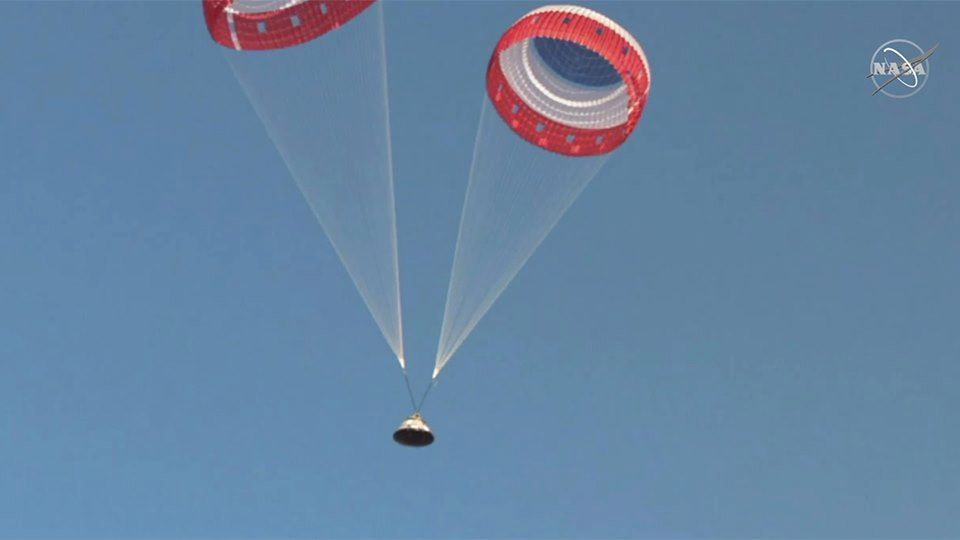
A critical milestone for our Commercial Crew Program, a Northrop Grumman Corporation cargo spacecraft makes a delivery to the International Space Station and a new wide-eyed view of the southern sky … a few of the stories to tell you about – This Week at NASA! Watch:
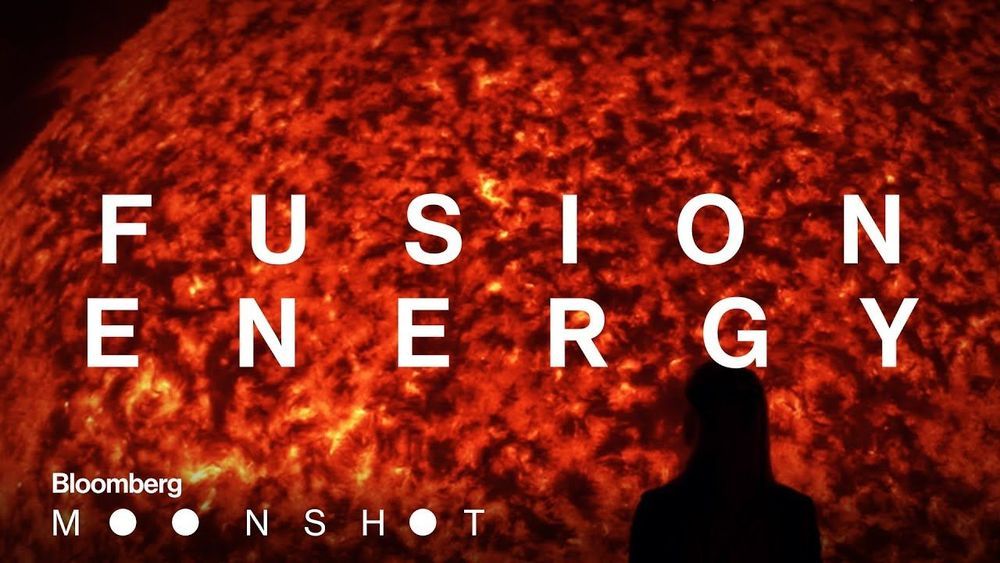
For a long time it’s been said “fusion is the energy of the future. And always will be”. But now, with an influx of private investment, fusion startups are in the race for the holy grail of energy — limitless, clean power. A company based in Oxford, U.K. believes they’re close.
#BloombergGiantLeap #Science #Technology
Nov 8, 2019
Maryland Medical Company Claims To Have Cure For HIV, AIDS
Posted by Tracy R. Atkins in category: biotech/medical
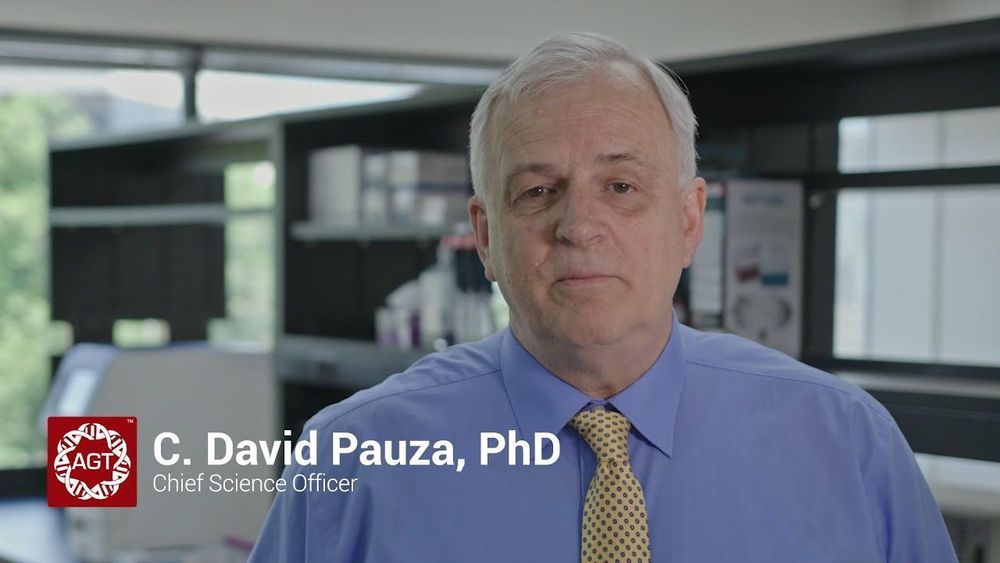
ROCKVILLE, Md. (WJZ) — A Maryland medical company has submitted an application to the U.S Food and Drug Administration for a gene therapy it says will eliminate HIV.
American Gene Technologies in Rockville said based on lab tests, the single-dose gene therapy has a “high potential” to be effective.
Nov 8, 2019
Scientists further refine how quickly the universe is expanding
Posted by Paul Battista in categories: cosmology, evolution
Wielding state-of-the-art technologies and techniques, a team of Clemson University astrophysicists has added a novel approach to quantifying one of the most fundamental laws of the universe.
In a paper published Friday, Nov. 8, in The Astrophysical Journal, Clemson scientists Marco Ajello, Abhishek Desai, Lea Marcotulli and Dieter Hartmann have collaborated with six other scientists around the world to devise a new measurement of the Hubble Constant, the unit of measure used to describe the rate of expansion of the universe.
“Cosmology is about understanding the evolution of our universe—how it evolved in the past, what it is doing now and what will happen in the future,” said Ajello, an associate professor in the College of Science’s department of physics and astronomy. “Our knowledge rests on a number of parameters—including the Hubble Constant—that we strive to measure as precisely as possible. In this paper, our team analyzed data obtained from both orbiting and ground-based telescopes to come up with one of the newest measurements yet of how quickly the universe is expanding.”
Nov 8, 2019
A new way to measure gravity: Using floating atoms
Posted by Quinn Sena in category: particle physics
A team of researchers at the University of California, Berkeley, has found a new way to measure gravity—by noting differences in atoms in a supposition state, suspended in the air by lasers. In their paper published in the journal Science, the group describes their new technique and explain why they believe it will be more useful than traditional methods.
Currently, the standard way to conduct gravity experiments is to drop things down shielded tubes and measure them as they whiz by instruments. In addition to giving researchers a very brief glimpse of gravitational interactions, such methods often fall prey to inadvertent stray magnetic fields. In this new effort, the researchers have found a way to measure gravity that does not involve dropping objects at all.
The new approach involved releasing a cloud of cesium atoms into the air in a small chamber and then using flashing lights to split several of them into a superposition state. Once split, lasers were used to keep all the atoms in fixed positions with one of each pair raised slightly higher than its mate. The team then measured each atom’s wave particle duality, which is impacted by gravity. By measuring the difference in duality between the paired atoms (because of the difference in their distances from Earth), the researchers were able to come up with a measurement for gravity.
